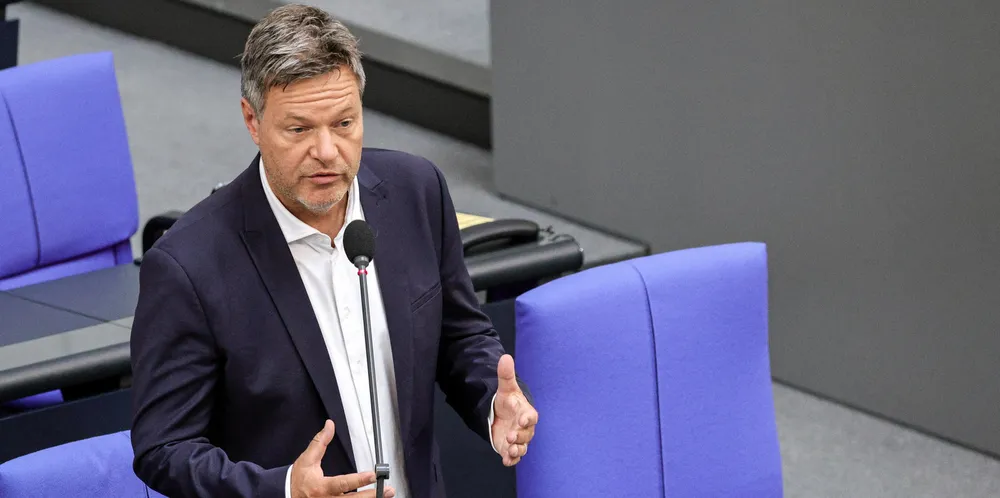Germany invites solar manufacturers to come forward for subsidies, with wind sector next in line
Country plans to match funding commitments outside Europe for flagship projects in manufacturing

Country plans to match funding commitments outside Europe for flagship projects in manufacturing
